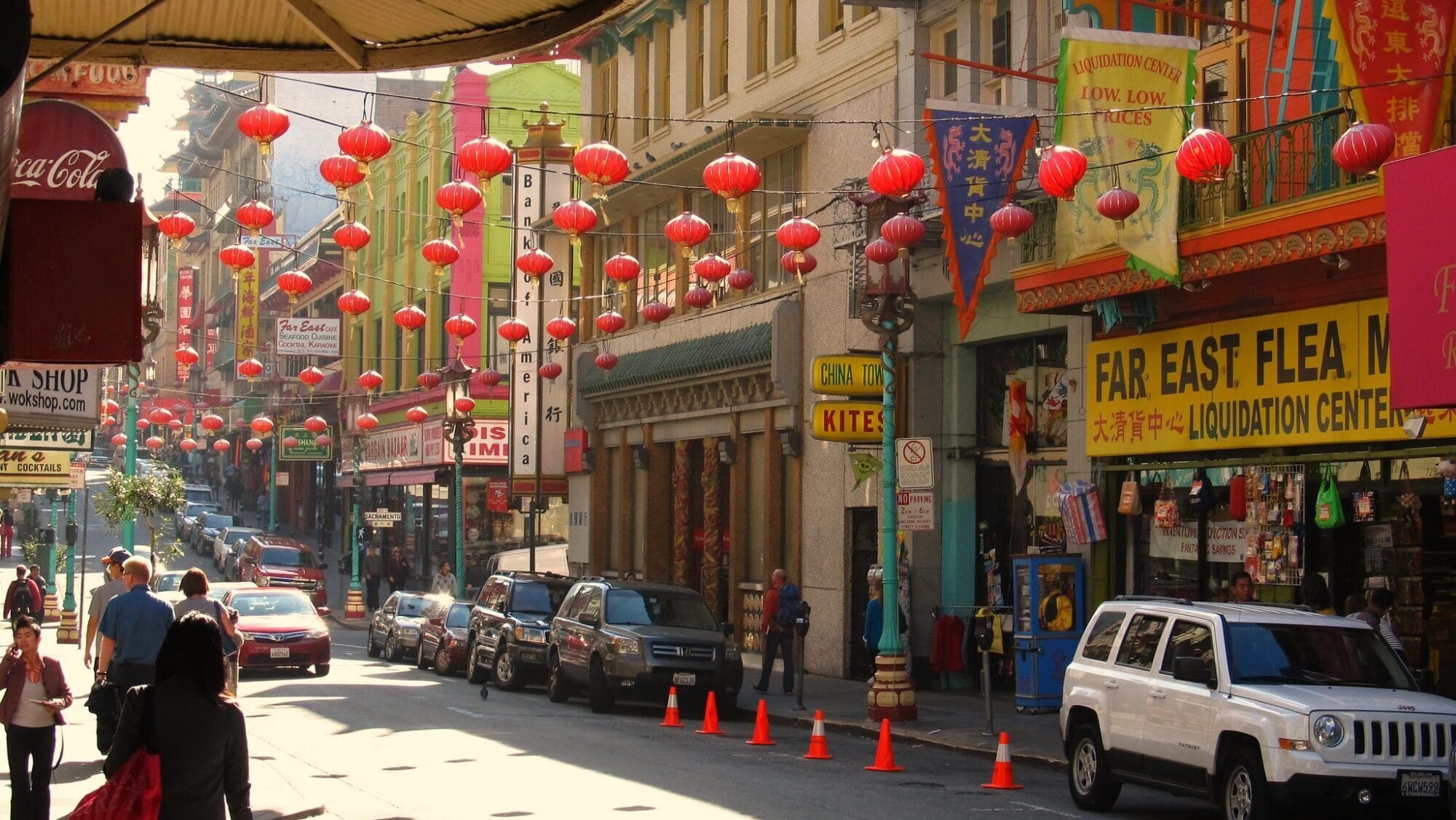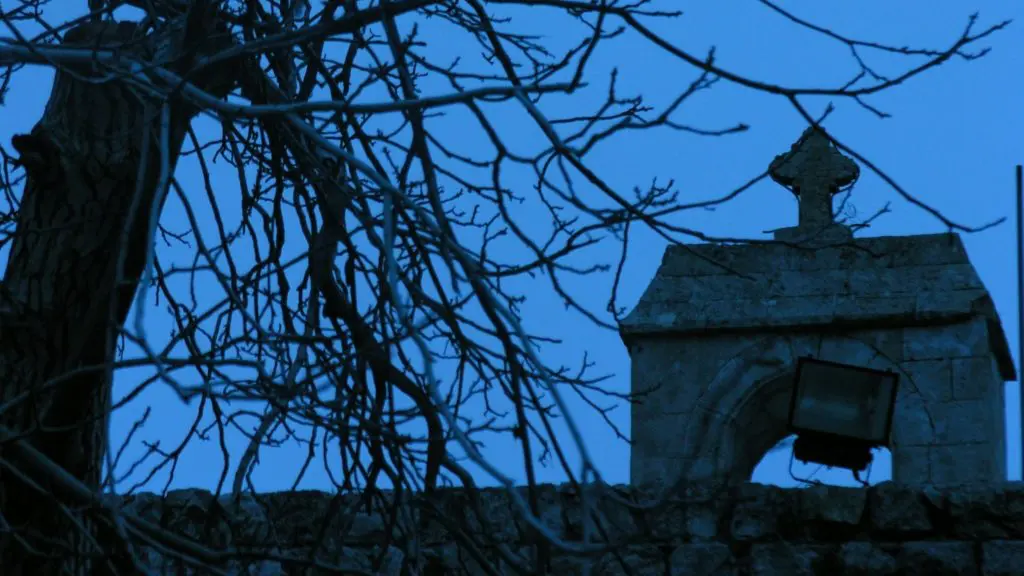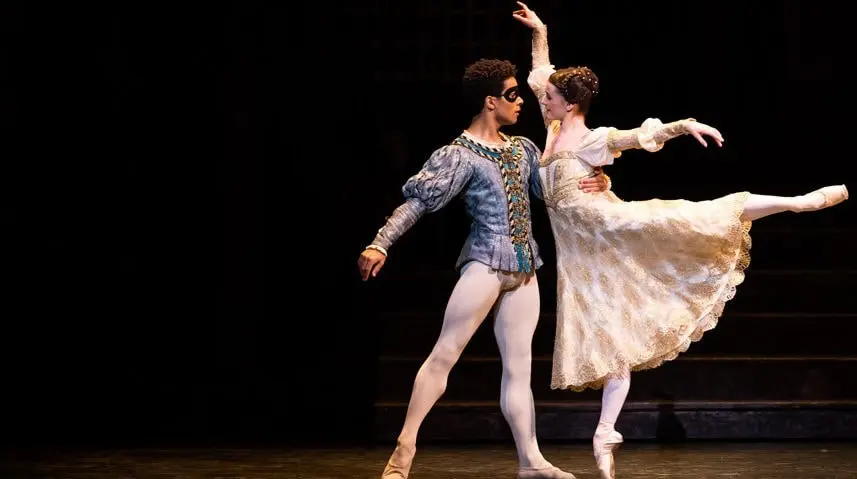This year marks the centenary of the death of Italy’s last great composer, Giacomo Puccini, who is credited with writing what is widely acclaimed as the last great Italian opera, Turandot, which was left unfinished at the time of his death in November 1924 and premiered here at Milan’s La Scala two years later, in 1926.
Turandot, a tale set in China but with origins in medieval Persian poetry and cultural influences across the Eurasian heartland, is controversial enough that in New York earlier this season, the Metropolitan Opera apprised would-be ticket buyers visiting its website of the opera’s supposed “cultural insensitivities” and directed them to a program note for further instruction. In Washington, the U.S.’s national opera company commissioned a bizarre new ending that addressed its purported themes of ‘toxic masculinity’ and gave the title character a personal backstory of sexual trauma that is absent from the original.
At La Scala, however, the only intervention in this new production by Davide Livermore came at the point when Puccini died while composing Turandot. At that moment, which coincidentally follows the death of the slave Liù, who commits suicide to avoid giving up the name of the heroic tenor, the action on stage respectfully stopped, and the audience lit up small electric candles that ushers had distributed at intermission. A portrait of the composer descended with the words “Giacomo Puccini died here,” an approximation of what the very first performance’s conductor Arturo Toscanini turned and told the audience at the 1926 premiere before continuing with an improvised ending created from Puccini’s notes by the Italian composer Franco Alfano. (An alternate ending by the composer Luciano Berio was adapted for the last Turandot production here, but Alfano’s original, which is almost always used, has been restored.)
The production also marked an evolution in the continuing and robust career of superstar Russian soprano Anna Netrebko, who has been banished from North American, British, and a handful of European stages for refusing to denounce the government of her native Russia in sufficiently strong terms, even though doing so is a crime in that country that can result in a serious prison sentence. Netrebko has had no problems in Italy, however. As her voice darkens and thickens, the role is as ideal for her as earlier Puccini heroines have proved to be over the last few years. The role is Wagnerian in proportions, and many great Wagner singers have taken it on with lasting success (“Isolde made me famous, but Turandot made me rich,” said Birgit Nilsson). Netrebko’s Italianate qualities serve it well, while her creamy and full-bodied middle register delivers its depths and supports soaring ascents that begin almost as soon as Turandot comes on stage to deliver her introductory aria, “In questa reggia.” Netrebko’s superb, arresting dramatic ability comes irresistibly to life in the character’s imperious affectations when controlling the situation and in her ice-cold grimaces as that control wanes.
Turandot, whose name means “daughter of the steppes” in its Indo-European roots, enters the opera in a quandary that she seems to have mastered. Daughter of the emperor of China, prospective suitors must survive—literally—the challenge of solving three riddles she poses. Failure means death, a fate over which she presides mercilessly and often. Enter our hero, Calàf, the son of the defeated and exiled Timur, king of Tartary, who witnesses one of these misfortunes. By chance, he also meets his father and Liù, who, though a slave, has remained loyal to Timur and in love with Calàf, who once smiled at her.
Besotted by Turandot’s inaccessibility, Calàf ignores all wise advice and seeks the challenge himself. Turandot poses her riddles, all of which he solves to her immense grief. As a gesture of love, he agrees to release her from her vow and to accept death like any failed suitor, on the condition that she learns his name before the next dawn. Calàf knows he will win, though Liù’s torture puts him at risk before her self-sacrificial suicide. Ending Turandot’s frustration, he himself reveals his name, placing himself at her mercy. In the end, she tells the emperor that she has learned the suitor’s name, which is love, and the opera ends happily, though without a second thought for Liù.
Getting out from under sumptuous traditional settings is a challenge in staging Turandot, which is rooted in ritual and pageantry as well as mythology on an epic scale. Livermore, who designed the sets along with Eleonora Peronetti and Paolo Gep Cucco, chose a dystopian modern setting, where Imperial China is a post-industrial urban Chinatown, complete with a brothel called “Amore” (the “love” of the opera’s finale). The background is dominated by projections of fire, water, and other elements created by a Milan-based arts collective known as D-WOK. Most prominent among them is a lunar projection that responds to the urban crowd’s Act I swooning to the beauty of the moon, a symbol of purity associated with Turandot and other femmes fatales. The effect is not exactly traditional, but it works well. Mariana Fracasso’s costumes veer toward the eccentric but are suited to the general idiom. In keeping with the lunar theme, Turandot enters by descending a long staircase in a translucent white gown. Flowing garb also clads the executioner, a mute role normally performed by a male actor wielding a blade, but here it is a woman who strangles the failed suitors.
Drama, alas, was not confined to the stage. Just before the premiere, Anna Netrebko and her husband of ten years, the Azerbaijani tenor Yusif Eyvazov, announced their divorce. Apparently, the split was amicable, or at least amicable enough that Eyvazov could sing Calàf with her for all of his scheduled performances. Other dates were left to Roberto Alagna, who withdrew due to illness. The American tenor Brian Jagde stepped in for this performance and delivered a rousing, crowd-pleasing hero with a penetrating squillo that matched Netrebko note for note. His “Nessun dorma,” Calàf’s great aria of triumph, had Golden Age resonances. Rosa Feola was a lithe and supple Liù. The Ukrainian bass Vitalij Kowaljow delivered an authoritative Timur. Michele Gamba’s conducting gave a lively reading of Puccini’s score.





